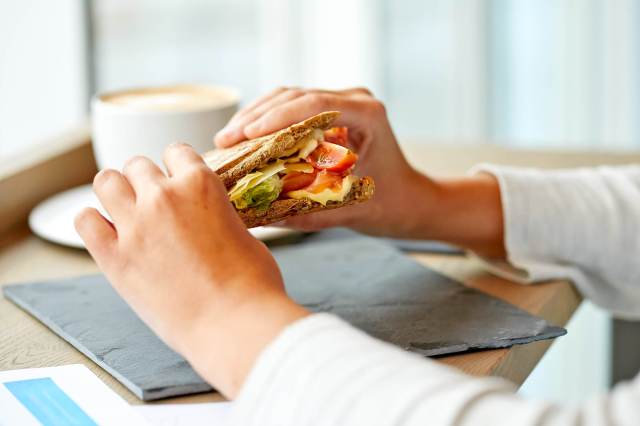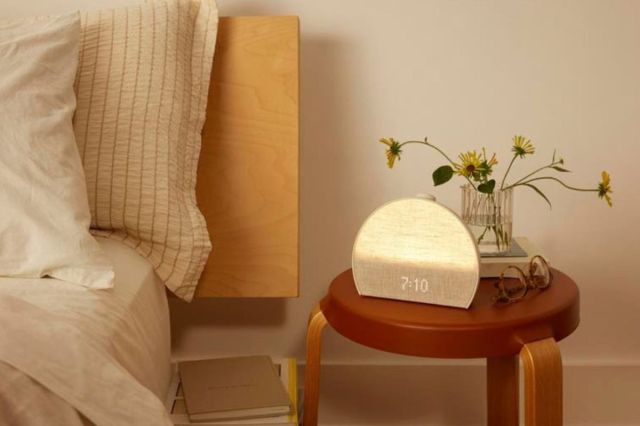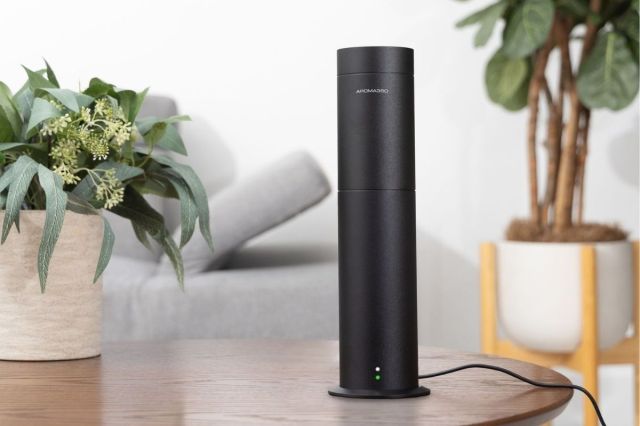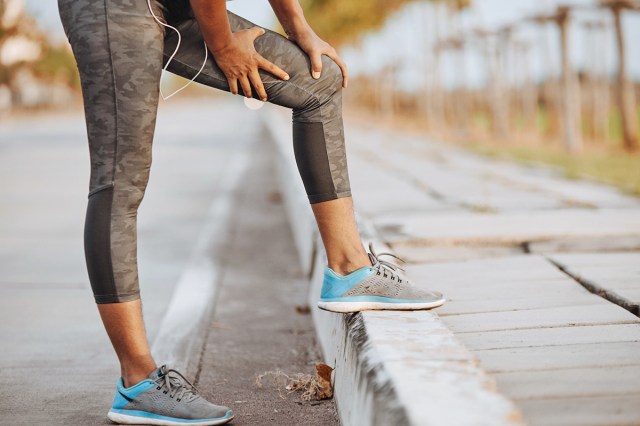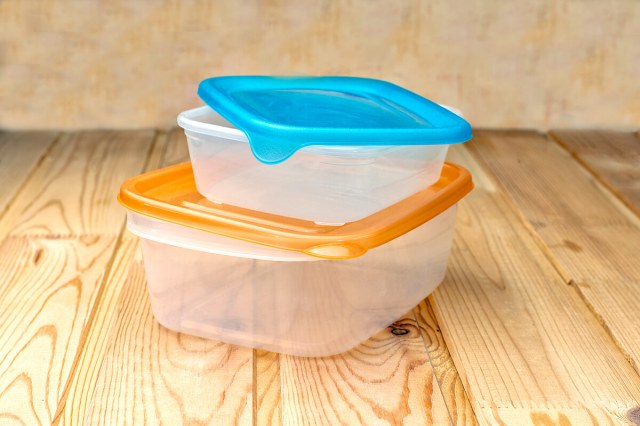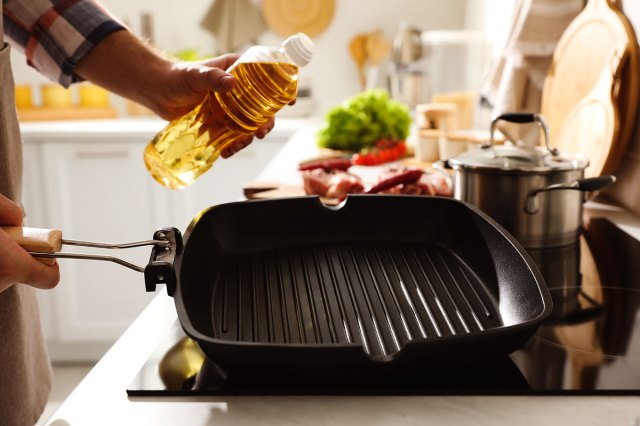Most people will tell you that the best time to eat lunch is as soon as the pizza delivery person arrives at your doorstep. But before you tear into that pepperoni pie and cheesy bread, what if we told you there may be such a thing as the perfect lunchtime? This is according to Audra Wilson, a dietitian at Northwestern Medicine, who believes that the best time to eat lunch has little to do with when your stomach is loudly grumbling. Instead, she posits that the best time to eat depends entirely on when you wake up each day and when you eat your other meals.
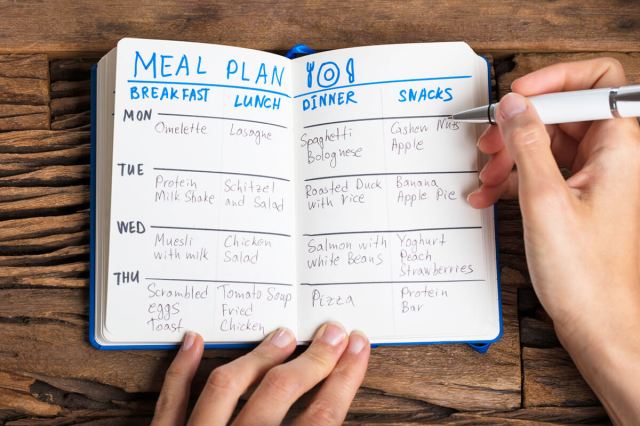
The Importance of Scheduling Your Meals
Some people prefer to eat whenever they feel hungry, but this may cause overeating and other poor nutritional habits. The surest way to achieve healthier eating is adhering to a daily meal schedule based on the moment you wake up. From then on, you should space out your meals in a way that provides your body with plenty of energy to make it through the day, while also keeping your carbs, sugars, fats, and more in check. Coming up with a dedicated meal routine won’t happen overnight, as it takes time to train your body. But once you’ve settled into a rhythm, your stomach will feel better than ever.
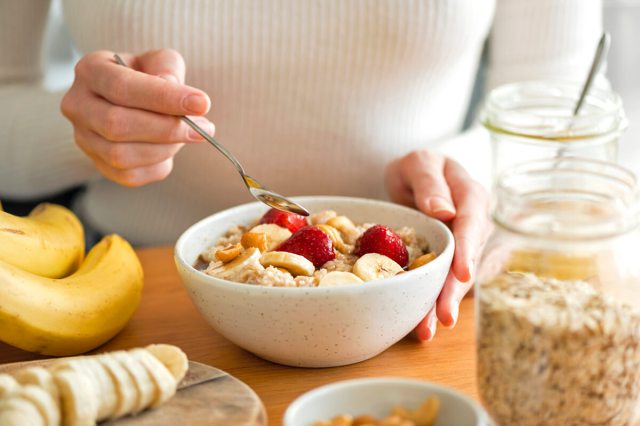
The Best Time To Eat Breakfast
It’s impossible to talk about the perfect lunchtime without first discussing breakfast, as it’s important to evenly spread out all of your meals. Breakfast should be eaten within an hour of waking up in order to provide your body with enough energy to make it to lunch. If you don’t eat breakfast, that puts you at risk of falling victim to a mid-morning snack, which could throw your entire daily eating schedule out of whack.
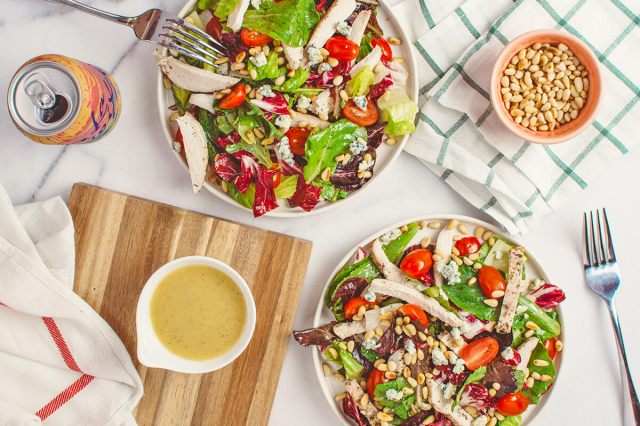
The Best Time To Eat Lunch
The ideal lunchtime is between four and five hours after you eat breakfast. Let’s say you wake up around 6 a.m. and then eat breakfast around 7 a.m — this means you should eat lunch anywhere between 11 a.m. and noon. But let’s say you sleep late and don’t eat any breakfast until 9 a.m.; in this case, you’ll be having lunch around 2 p.m. This gap allows you enough time to properly digest your breakfast food before eating again, which cuts down on the risk of possibly overeating.
Reader Favorites
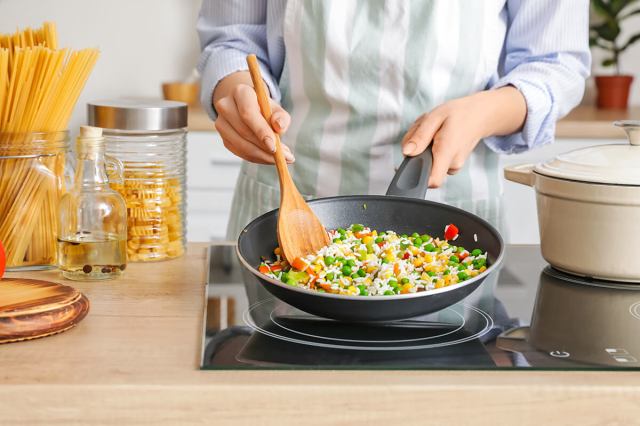
The Best Time To Eat Dinner
Dinner should also be consumed four to five hours after you’ve eaten lunch. If you’re an early riser, this could mean eating dinner at 4 or 5 p.m., which sounds unrealistic but is actually the best option for your body. If you can’t eat dinner that early, try to snack on a protein bar or other healthy item that can help you last until a more traditional dinner time. Just do your best to space out your meals by four to five hours; the hours will depend on when you wake up.

What if You Don’t Eat Breakfast?
Some people have trained their bodies to get by without eating breakfast, but that’s never a good thing. Your body needs fuel in the morning to make it through the day, even if your brain is convinced otherwise. It’s best to reincorporate breakfast into your diet by reintroducing small amounts of food in the morning. Over time, your body will naturally start craving breakfast once again, setting the tone for healthier eating habits.
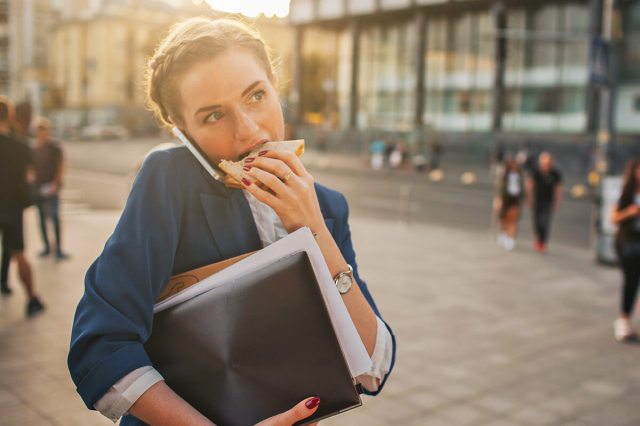
What if You Don’t Have Time?
It’s impossible to predict when an unexpected meeting or family event could interrupt your scheduled meal. In these cases, just don’t beat yourself up. Missing that hour-long window isn’t ideal, but it happens from time to time. Just eat lunch whenever you can and try to return to your normal dietary routine the next day. The more frequently that you can adhere to this plan, the better your body will feel.
More From Our Network
Better Report is part of Inbox Studio, an email-first media company. *Indicates a third-party property.
